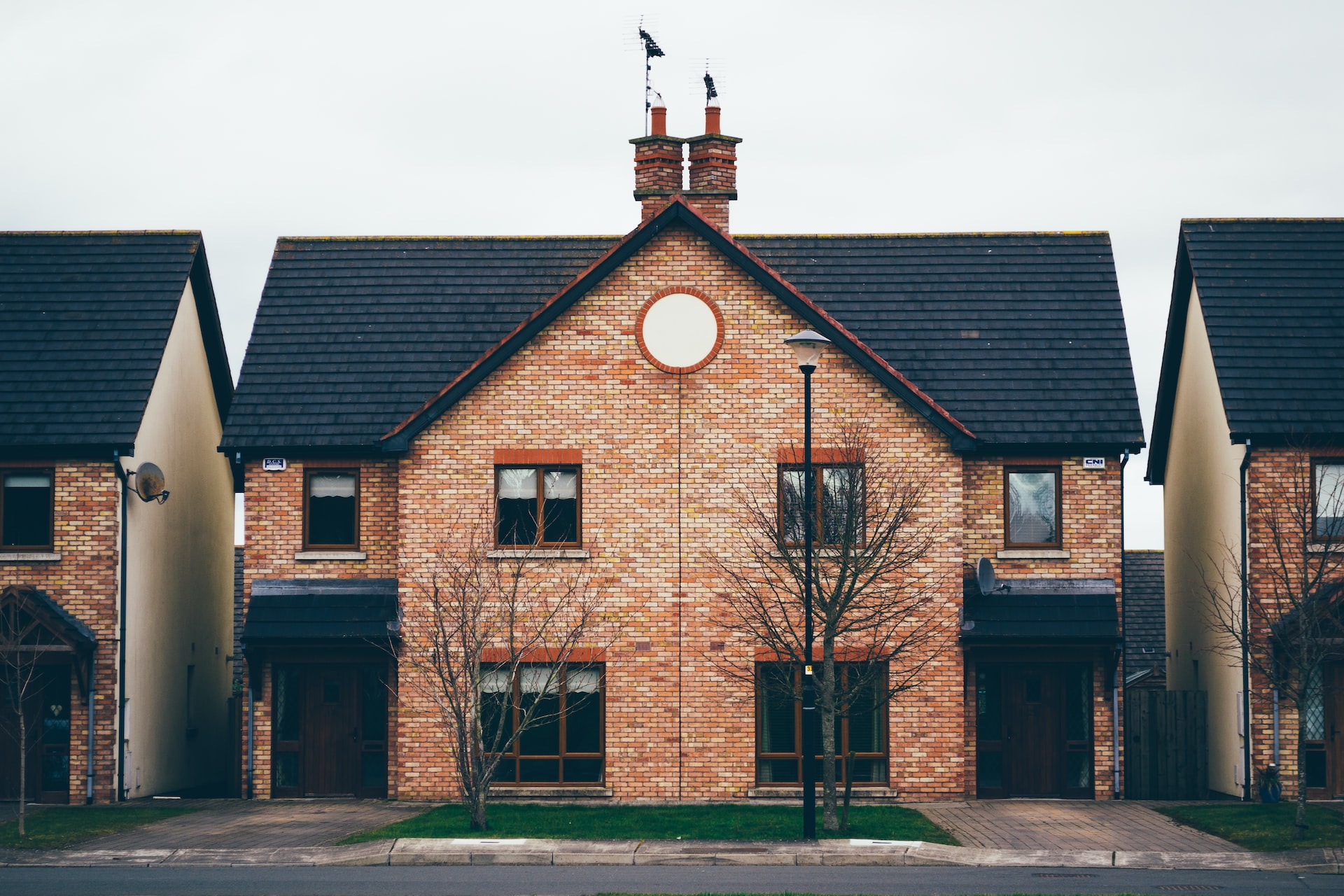Mastering the Art of Pricing: Selling Your Boston Apartment or House with Confidence
Pricing your Boston apartment or house right for a sale is a crucial step in the process of selling your property. Setting the right price will help you attract buyers, achieve your financial goals, and sell your home quickly. Here are some important factors to consider when pricing your home:
Research the Market
The foundation of a well-priced property lies in understanding the local real estate market. Conduct thorough research on recent sales in your Boston neighborhood, considering factors such as square footage, number of bedrooms, amenities, and overall condition. Online real estate platforms, local property records, and consultation with real estate agents can provide valuable insights into comparable properties and market trends.
Consult with Real Estate Professionals
Enlisting the expertise of a local real estate agent is a wise decision when determining the right price for your property. Agents possess in-depth market knowledge, access to up-to-date data, and a keen understanding of buyer behavior. They can provide a comparative market analysis (CMA) to help you gauge the fair market value of your Boston apartment or house.
A CMA is a detailed report that compares your property to similar homes that have recently sold in your area. This will give you a good sense of the current market value of your home. Be sure to consider the following factors when comparing your home to others:
- Square footage
- Number of bedrooms and bathrooms
- Age of the home
- Condition of the home
- Location
- Amenities
Professional Appraisal
In addition to a CMA, you may also want to consider getting a professional appraisal of your home. An appraiser will provide you with an unbiased opinion of your home's value.
Consider Market Conditions
The Boston real estate market is constantly changing, so it is important to keep up with the latest trends. If the market is hot, you may be able to price your home for a higher price. However, if the market is slow, you may need to adjust your price accordingly.

Evaluate Your Property's Unique Features
Assess the distinctive qualities of your Boston property that set it apart from others. Consider its location, views, recent renovations, and any other features that could add value. Highlight these factors when determining your asking price. A well-maintained and thoughtfully upgraded property can justify a higher price point.
Factor in Closing Costs and Negotiation Room
Keep in mind that the final sale price is not the only financial consideration. Account for closing costs, such as legal fees, real estate agent commissions, and potential negotiation adjustments. Setting a slightly higher asking price than your bottom line can provide room for negotiation while still ensuring you achieve your desired profit.
Once you have received an offer on your home, it is important to be prepared to negotiate. Be open to considering different offers, but do not be afraid to walk away from a deal if it is not right for you.
Stay Flexible
Be prepared to adjust your pricing strategy based on market feedback. If your property is not generating interest or offers, it may be an indication that the price is too high. Stay flexible and be willing to make price adjustments to align with market conditions and buyer expectations.
Timing
The time of year you sell your home can also affect the price you get. In general, homes sell for more in the spring and early summer.
Utilize Online Valuation Tools
Online valuation tools can provide an initial estimate of your property's value. While not a substitute for professional advice, these tools can offer a starting point for your pricing strategy. However, always validate the results with comprehensive market research and expert insights.
Emotional Attachment
It is important to remember that your home is more than just a piece of property. It is also your home, and you may have many emotional attachments to it. However, it is important to set aside your emotions when pricing your home. If you price your home too high, you may scare away potential buyers.
Summary
Mastering the art of pricing your Boston apartment or house requires a holistic approach that combines market knowledge, property assessment, and strategic thinking. By researching the market, consulting with real estate professionals, and staying flexible, you can position your property competitively and increase the likelihood of a successful sale. Take the time to understand the unique features of your property and its place in the current market to set a price that attracts potential buyers and maximizes your return on investment.
Homes for rent: Homes for rent in Massachusetts
Homes for sale: Homes for sale in Massachusetts
